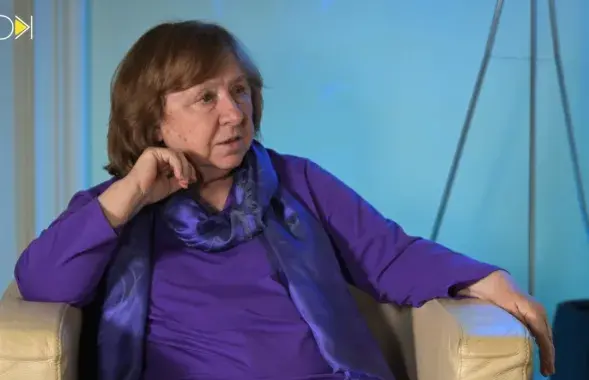New presidential law does not return benefits to Chernobyl victims
It has turned out that a new law on social security for Chernobyl-affected citizens is nothing but a compilation of the already effective regulations. On January 14, Belarus president signed the law on social security of the citizens affected by the Chernobyl catastrophe and other radioactive accidents. Media reported that the document is to ensure a "decent level" of social security to Chernobyl-affected citizens. But this "decent level" does not include free rides on the public transport and other social benefits, abolished in late 2007.
In fact, this document can hardly be described as a new document, because it contains nothing new. In essence, it comprises the provisions that have been so far effective, says Uladzimir Kudzin, the head of the social security section at the Chernobyl affairs department at Belarus's Emergencies Ministry.
Uladzimir Kudzin: No benefits will return. The new law just lists all those benefits that are effective today. The major benefits are stipulated by the Law on Social Security and Guarantees for Certain Categories of Citizens", passed in 2007. This is the basic legal framework regarding the social security laws.
We remind that the 2007 law abolished numerous social benefits.
Uladzimir Kamyankou, the president of the Chernobyl Invalids' Association, also repeats that the law is just a compilation of the legal provisions that have already been in effect. He would not even count on new benefits. There is no even such a term, says Mr Kamyankou. Now, it is called "social security".
The government has never returned the abolished benefits to Chernobyl-affected citizens, Henadz Hrushavy, the chairman of the Chernobyl's Children Foundation, told the European Radio for Belarus. He would need at least half an hour just to name all those benefits.
Henadz Hrushavy: I can guarantee that the state has never restored any benefits. Actutaly, I would need at least 25 minutes to list all the benefits that were abolished from the 1991 law. I co-authored that law. But in 2006, only a quarter of provisions from that 1991 law was still in force. As a result, the CHernobyl tax was abolished last year. Basically, the state stopped funding the social programs for the people who were affected by the Chernobyl disaster.
In the view of Henadz Hrushavy, the government will never agree to return the benefits, because it plans to construct a nuclear power plant.
Before December 17, 2007, the Chernobyl-affected citizens had been entitled to free rides in the metropolitan and commuter transport, annual free medical treatment in a sanatorium, etc.
In fact, this document can hardly be described as a new document, because it contains nothing new. In essence, it comprises the provisions that have been so far effective, says Uladzimir Kudzin, the head of the social security section at the Chernobyl affairs department at Belarus's Emergencies Ministry.
Uladzimir Kudzin: No benefits will return. The new law just lists all those benefits that are effective today. The major benefits are stipulated by the Law on Social Security and Guarantees for Certain Categories of Citizens", passed in 2007. This is the basic legal framework regarding the social security laws.
We remind that the 2007 law abolished numerous social benefits.
Uladzimir Kamyankou, the president of the Chernobyl Invalids' Association, also repeats that the law is just a compilation of the legal provisions that have already been in effect. He would not even count on new benefits. There is no even such a term, says Mr Kamyankou. Now, it is called "social security".
The government has never returned the abolished benefits to Chernobyl-affected citizens, Henadz Hrushavy, the chairman of the Chernobyl's Children Foundation, told the European Radio for Belarus. He would need at least half an hour just to name all those benefits.
Henadz Hrushavy: I can guarantee that the state has never restored any benefits. Actutaly, I would need at least 25 minutes to list all the benefits that were abolished from the 1991 law. I co-authored that law. But in 2006, only a quarter of provisions from that 1991 law was still in force. As a result, the CHernobyl tax was abolished last year. Basically, the state stopped funding the social programs for the people who were affected by the Chernobyl disaster.
In the view of Henadz Hrushavy, the government will never agree to return the benefits, because it plans to construct a nuclear power plant.
Before December 17, 2007, the Chernobyl-affected citizens had been entitled to free rides in the metropolitan and commuter transport, annual free medical treatment in a sanatorium, etc.















